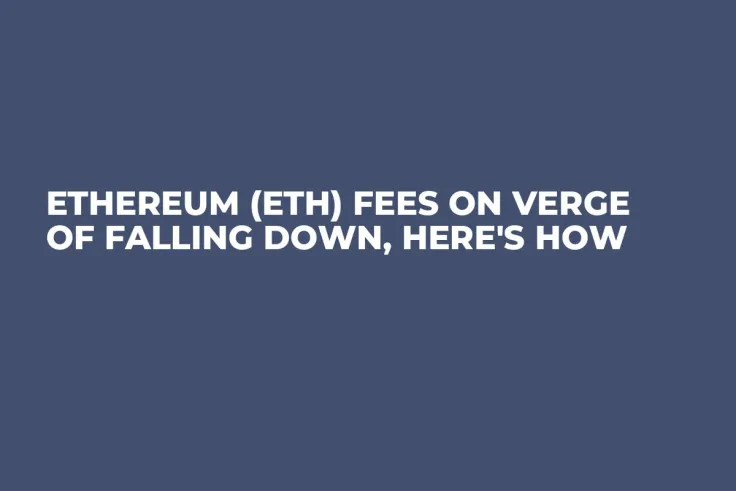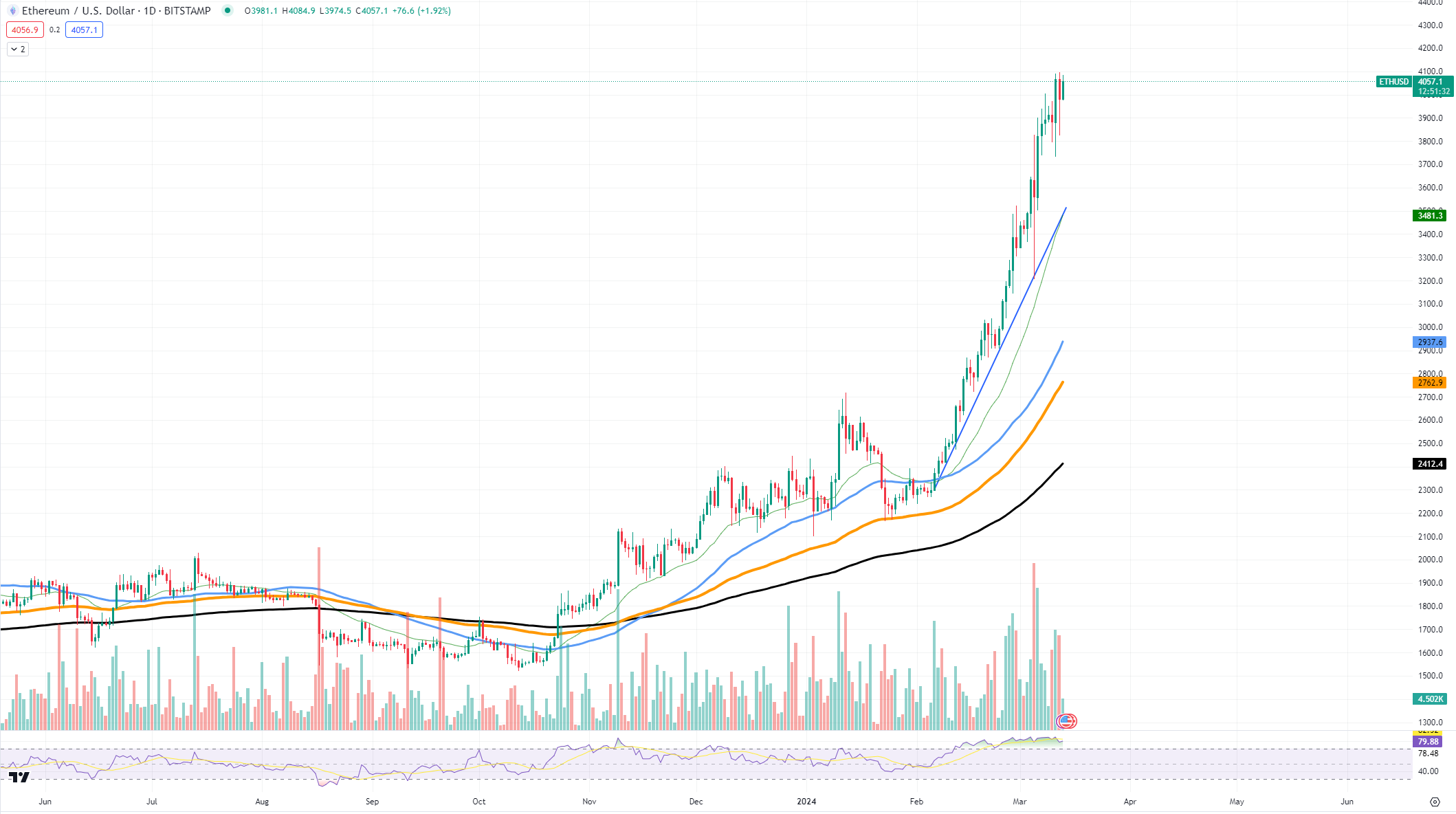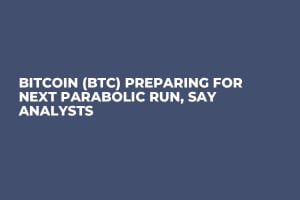
Disclaimer: The opinions expressed by our writers are their own and do not represent the views of U.Today. The financial and market information provided on U.Today is intended for informational purposes only. U.Today is not liable for any financial losses incurred while trading cryptocurrencies. Conduct your own research by contacting financial experts before making any investment decisions. We believe that all content is accurate as of the date of publication, but certain offers mentioned may no longer be available.
The Ethereum network is poised for a transformative shift with the imminent launch of the Dencun upgrade today at 1:55 p.m. UTC, marked by the implementation of EIP-4844. This improvement is set to usher in a new era of efficiency, propelling Ethereum's utility and accessibility to the next level by significantly reducing gas fees, especially on Starknet.
What is EIP-4844, and how will it change the game? In essence, it introduces a novel concept known as "blob" transactions, which utilize a distinct "blob" resource separate from traditional gas. This segregation is revolutionary; it means that Ethereum users and rollup operations no longer have to vie for the same network space, effectively decluttering the transactional highway and allowing for smoother, quicker and cheaper transfers.

Imagine a dedicated express lane on the transaction highway exclusively for layer-2 (L2) users, with Starknet engines roaring in anticipation. This innovation is particularly significant considering that rollups are deemed the paramount trustless scaling solution for Ethereum, both now and potentially into the future.
High transaction fees on layer 1 have long been a stumbling block for user adoption and application development. EIP-4844 aims to knock down this barrier, enabling a move to rollups across the ecosystem, fostering low fees without compromising on decentralization.
The implementation of EIP-4844 is a testament to Ethereum's forward-thinking design. It uses KZG commitments, which are efficient, have fixed-size proof and are compatible with future data-availability-sampling methods.
These changes are part of the larger "danksharding" proposal and will be integrated into the beacon nodes. This is a crucial step, as future sharding efforts will only necessitate alterations to the beacon node, liberating the execution layer to focus on additional initiatives.


 Dan Burgin
Dan Burgin Vladislav Sopov
Vladislav Sopov